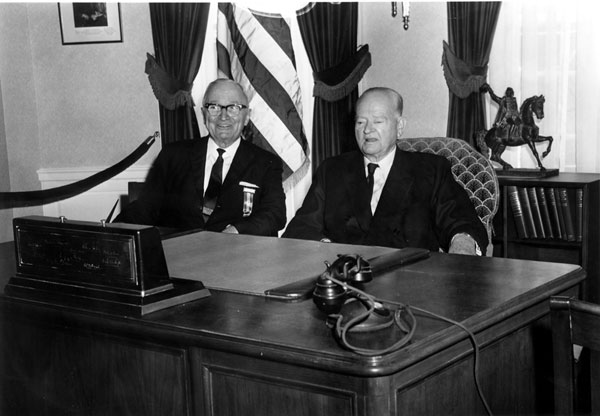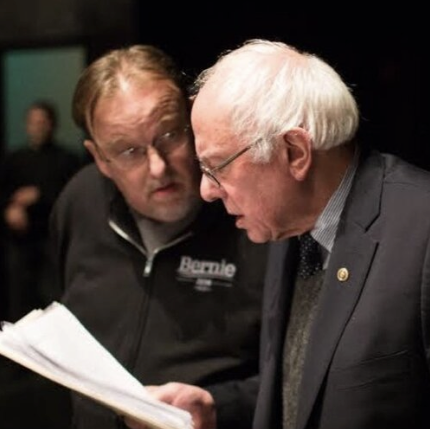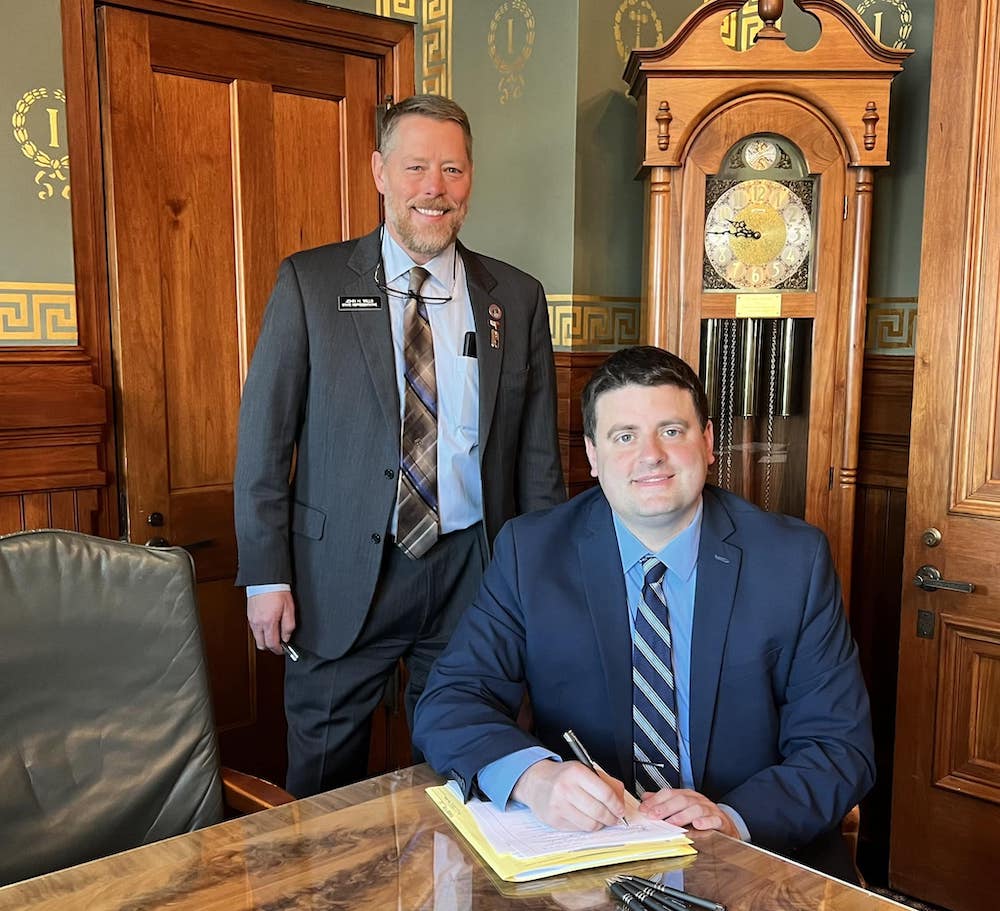Katy Siddall is messaging director of Progress Iowa.
A progressive group is encouraging Iowans to use their voice to call for change, and providing polling and research as a resource. Progress Iowa, a statewide research and advocacy organization, released a comprehensive handbook with message recommendations based on the research they’ve conducted during the past year.
The handbook, Winning the Message War: A Handbook for Iowa Progressives, summarizes the best of 88 different messages Progress Iowa poll tested during the past fourteen months. Progress Iowa hopes the handbook will be a resource for activists, elected officials, and other organizations who want a winning message when they speak out about the policies impacting their communities.
Winning the Message War and an additional twenty-two message guides are publicly available at progressiowa.org/research.
Continue Reading...



















